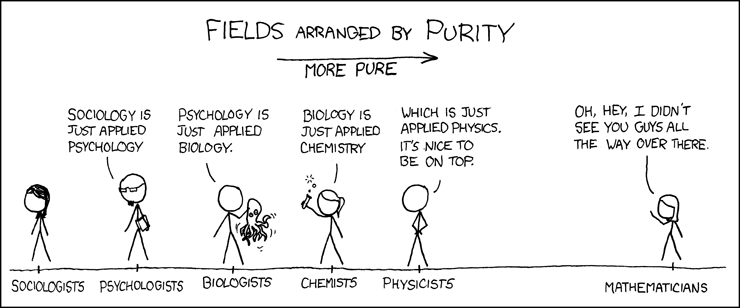DogmaHunter
Code Monkey
- Jan 26, 2014
- 16,757
- 8,532
- Gender
- Male
- Faith
- Atheist
- Marital Status
- In Relationship
Explaining in detail the orbit of the earth around the sun does not entail that this same situation will be true tomorrow.
Physics disagrees.
Let's apply this exact little gem of yours to something else....
"explaining in detail why things fall down and not up, does not entail that you will fall to the earth at 9.81 m per second per second the next time you jump from the empire state building"
Same thing.
Gravity, angular momentum, laws of motion,... in short: physics.
Tell me, can you say with confidence that if you jump, you will fall back to earth, or is it also likely that you'll just shoot out into space??
As you said, the sun could unexpectedly explode for reasons currently unknown to us.
So..... you agree with me then..... considering the prefix of "as you said".
Sure, who knows... something unexpected could happen "for reasons currently unkown to us" that if you jump, you'll drift into space instead of falling back to earth...
But let's be honest here, do you really consider it to be a possibility? In the sense that you actually are carefull to jump, because you might die in space????
It's the exact same thing....
The physics that makes the sun "come up" is the same physics that makes sure you fall back to earth after jumping up.
Upvote
0


